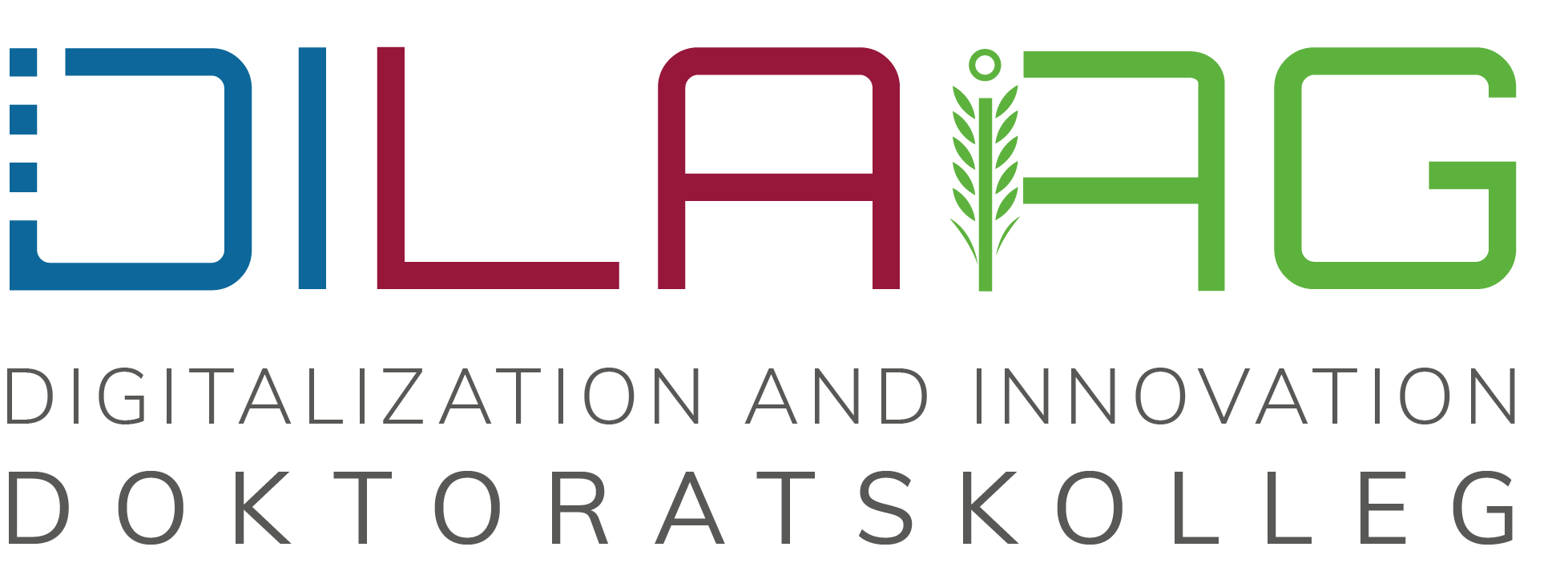The University of Natural Resources and Life Sciences positions itself as a teaching and research center for renewable resources, which are necessary for human life. It is BOKU’s objective to help make a considerable contribution to conserving and protecting resources for future generations by providing diversity in its fields of study. By connecting natural sciences, engineering and economic sciences, we wish to increase knowledge of the ecologically and economically sustainable use of natural resources to provide a harmoniously-cultivated landscape.
Division of Agricultural Engineering (ILT)
Project coordination will be implemented by the Institute of Agricultural Engineering. As part of the Department of Sustainable Agricultural Systems at the University of Natural Resources and Life Sciences Vienna, the Division of Agricultural Engineering is engaged in research and teaching, which is conducted in Vienna, Tulln and Groß-Enzersdorf. The division’s objective is to develop innovations based on sustainability by incorporating ” high-tech” and digitalization into agricultural processes. For this purpose, newly developed methods, machinery, equipment and constructions for diverse areas of application are being analyzed and evaluated. The Division of Agricultural Engineering is committed to locally-adapted and efficient agricultural engineering. The innovative technologies developed at the division are intended to promote ecologically, socially and economically-balanced production processes.
Division of Agronomy
The Division of Agronomy, which is part of the Department of Crop Sciences at the University of Natural Resources and Life Sciences, Vienna, has its research focus on the sustainable production of arable crops, product quality and the environmental relevance of their production. In particular, it investigates the development of optimal production methods for the Pannonian climate; growth and yield formation of alternative crop species and mixed crops as well as plant roots; their morphology, physiology and function with regard to water, nitrogen and phosphorus demand. The division consists of three working groups and is headed by Prof. Dr. Hans-Peter Kaul. The experiments are carried out on different scales: in the laboratory, in the greenhouse and in the field. The experimental areas are in Tulln and Groß-Enzersdorf.
